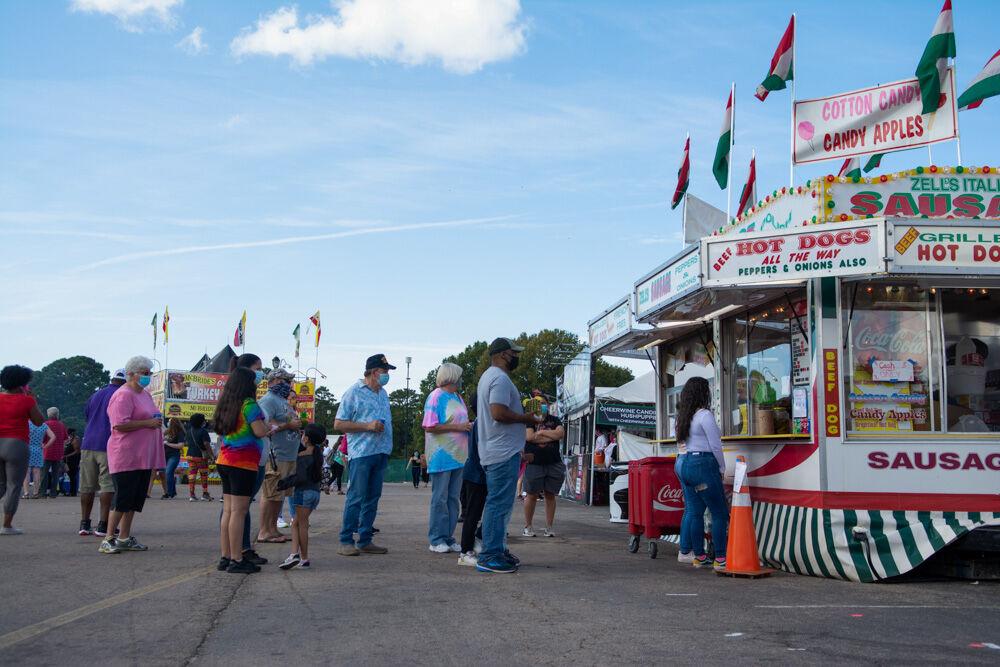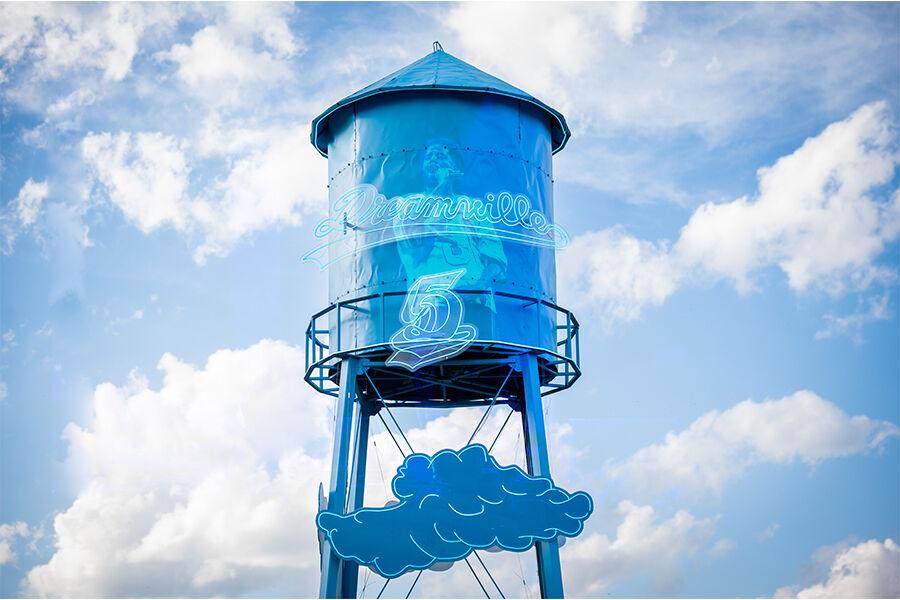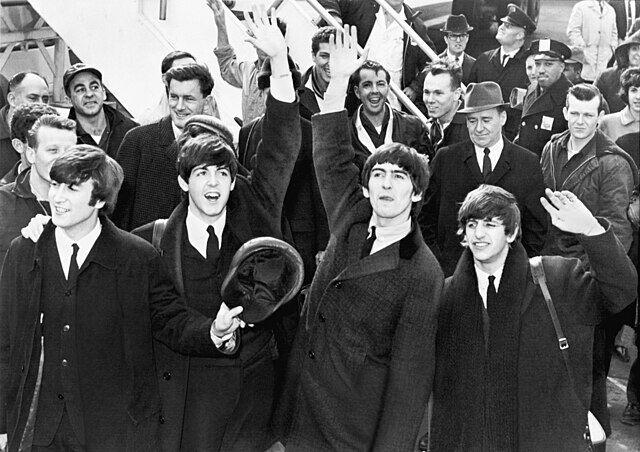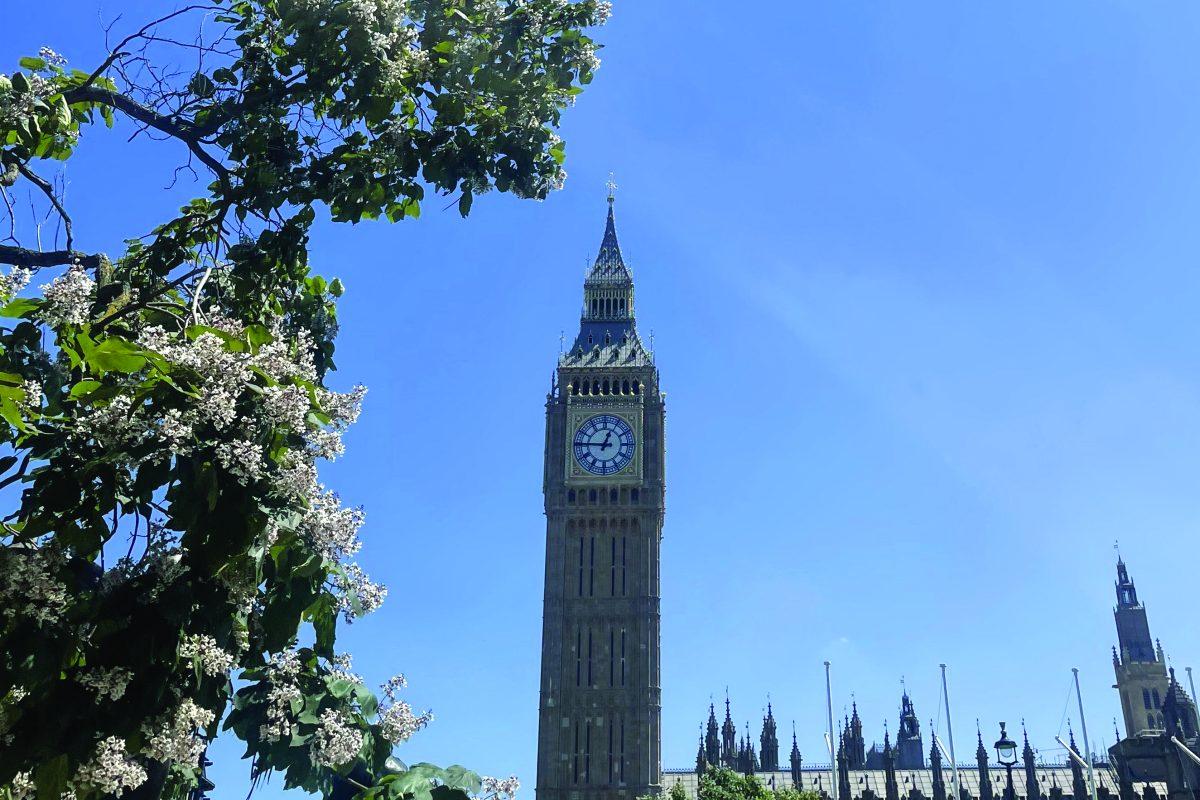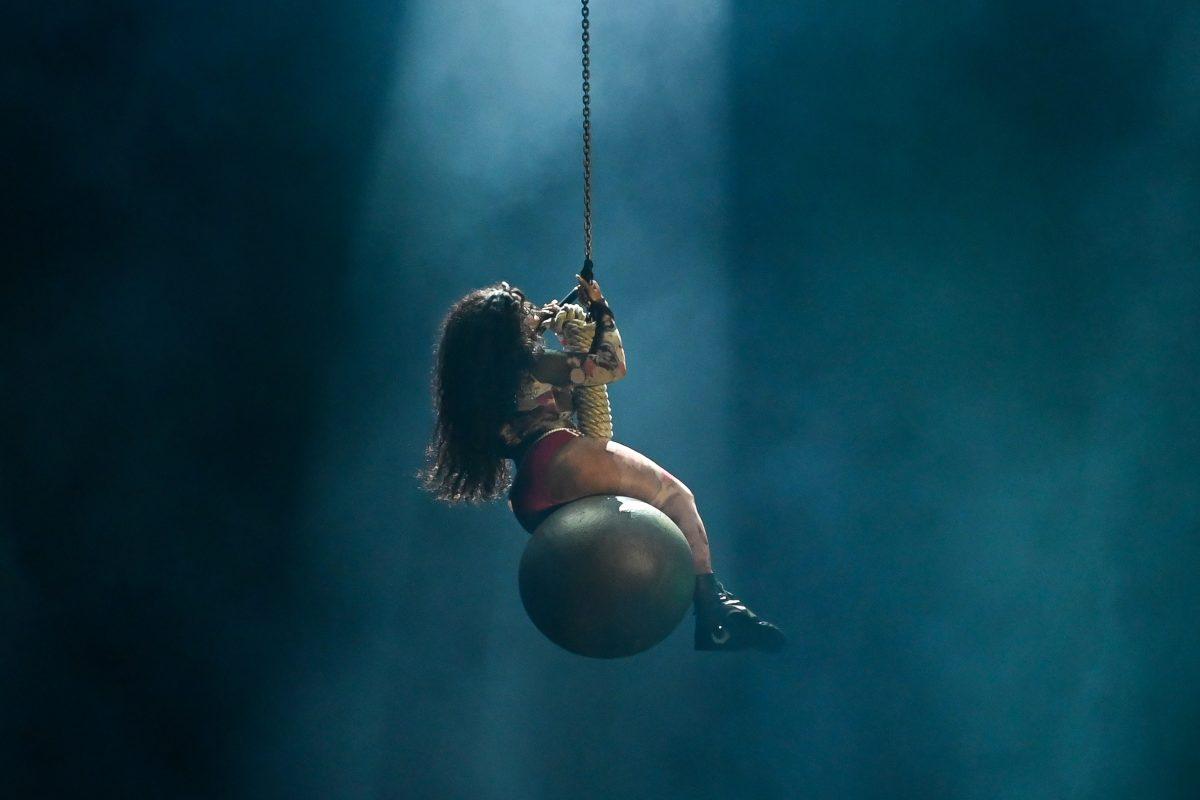The North Carolina State Fair, which takes place across 11 days in October, is arguably North Carolina’s biggest event of the year. Last year, it was canceled due to the COVID-19 pandemic, but this year, it is set to return.
Most people think of the State Fair as a fun occasion to enjoy thrilling rides, play games and pet animals, but the fair is extremely important to the North Carolina economy.
Heather Overton, the assistant director of the public affairs division of the North Carolina Department of Agriculture, said the North Carolina Agricultural Society first held the fair to educate farmers about cultivation techniques and crop methods.
According to Overton, the State Fair has become more of a “celebration of agriculture.” Today, many North Carolinians are far removed from the farming lifestyle that was more prevalent in the 19th and 20th centuries. Now, the State Fair serves as an opportunity to educate citizens on agriculture through interactive exhibits and live shows.
“The State Fair isn’t just a big deal for the Department of Agriculture, but also a whole agricultural community endeavor,” Overton said.
Agriculture is North Carolina’s No. 1 industry. According to Overton, agriculture, agribusiness, forestry and fiber combined contribute about $92.7 billion to the state’s economy.
Overton said there are many NC State students, faculty and staff who contribute to the fair.
“We couldn’t have the fair without their support,” Overton said. “We’ve always appreciated NC State’s involvement.”
Brent Jennings, extension associate in the Department of Animal Science at NC State, said the State Fair also offers a chance for young North Carolinians to show their dedication to agriculture and livestock through extensive projects and competitions.
Exhibits at the fair such as the Flower and Garden Show, the livestock competitions and the art show receive over 25,000 entries. According to Overton, there is prestige associated with winning events at the State Fair. Much like any competition, winning comes with a prize: a big blue ribbon.
Another important component of the State Fair is the food. Everyone has a staple food item they are excited to have once the fair rolls around, whether it be deep-fried Oreos or the Krispy Kreme Burger. Overton, for one, looks forward to the roasted corn.
“The No. 1 reason folks come out to the fair is for the food,” Overton said. “The food wouldn’t be possible without agriculture.”
Jennings stressed the fair’s impact on agricultural education and advocacy.
“It’s very important for agriculture for people to understand where their food comes from,” Jennings said. “It allows us a great avenue to be advocates for agriculture.”
In 2020, the fair was canceled due to COVID-19; however, qualified individuals were still able to compete in youth livestock shows. The Department of Agriculture, alongside participants, worked hard to let the show go on despite the cancellation of virtually every other aspect of the State Fair.
“Not having the State Fair was a different atmosphere,” Jennings said. “Not having the rides, the food, the carnival, the pumpkin display, the art, the vegetables, the crops and the live animals for everyone to see was unfortunate for sure.”
As long as the State Fair can be held safely, Jennings looks forward to the return of North Carolina’s time-honored tradition this fall.
“I certainly think the State Fair is a major importance that we continue with,” Jennings said. “If at all possible and if regulations allow.”


